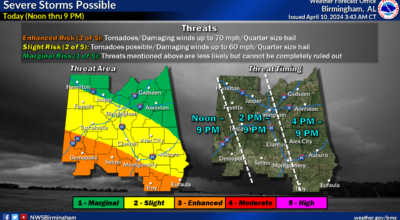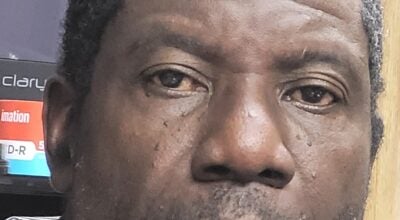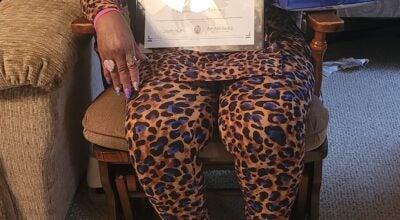Court blocks order lifting absentee ballot requirements
Published 2:50 pm Wednesday, October 14, 2020
|
Getting your Trinity Audio player ready...
|
The 11th U.S. Circuit Court of Appeals on Tuesday blocked a previous order lifting witness and photo identification requirements for Alabama voters casting absentee ballots for the upcoming November election.
The earlier ruling, issued by U.S. District Judge Abdul K. Kallon, stemmed from a case brought forth by the Southern Poverty Law Center (SPLC), the NAACP Legal Defense and Education Fund and the Alabama Disabilities Advocacy Program, which challenged the absentee ballot restrictions on behalf of older voters with health concerns.
Kallon’s ruling lifted the restrictions for voters 65 and older with underlying health conditions and allowed for curbside voting in counties that chose to offer such services, noting that requiring older voters to meet these stipulations during the course of a global pandemic would force them to make the “impossible choice” of risking their health or not voting.
Kallon also noted in the ruling the state’s history of discrimination against Black voters, who are experiencing higher rates of infection and death during the current health crisis.
But Tuesday’s ruling stayed the previous order, which means that absentee voters will still be held to the earlier witness and identification requirements, but left in place the order allowing for curbside voting.
For his part, Alabama Secretary of State John Merrill, whose appeal of Kallon’s ruling led to Tuesday’s decision, celebrated the ruling.
“The 11th Circuit’s ruling to block a district court order lifting Alabama’s photo ID and witness requirements for absentee voters is a win for the people of Alabama,” Merill said in statement issued Tuesday. “The stay that has been granted maintains the integrity and security of elections in our state, thus proving that our current election laws are not an obstacle to voters in Alabama.”
Merrill asserted that the identification and witness requirements are “necessary deterrents for those looking to commit voter fraud,” but SPLC Senior Staff Attorney Caren Short called the requirements “unnecessary” and a “burden” to “high-risk voters.”
“While [Tuesday’s] appeals court decision still gives Alabama counties the ability to institute curbside voting processes in the three weeks until Election Day, it’s unfortunate the decision also put back into place the unnecessary absentee ballot requirements that burden high-risk voters nd add no additional protection to the integrity of Alabama’s elections,” Short said in a statement released Tuesday. “Expert testimony and a voluminous record entered into evidence during a 10-day trial last month made clear why the state’s ban on curbside voting and onerous absentee ballot requirements represent unconstitutional barriers to voting for medically-vulnerable Alabamians during an ongoing pandemic.”
While Merrill noted in his statement that his office is “currently unaware of any county planing to provide curbside voting” ahead of the November election, he noted that he still plans to appeal the decision to the U.S. Supreme Court to “see that this fraudulent practice is banned in Alabama, as it is not currently allowed by state law.”
“The confusion that has been caused from this lawsuit is a reminder that judges should refrain from attempting to alter election procedures after ballots have been distributed,” Merrill said. “I look forward to continuing with the successful and secure administration of the November 3 election.”
For its part, the SPLC is encouraging voters to persevere.
“We know that Alabama voters – particularly Black voters – have and will overcome countless barriers to cast their ballot and we encourage them to do so as safely as possible,” Short said.





